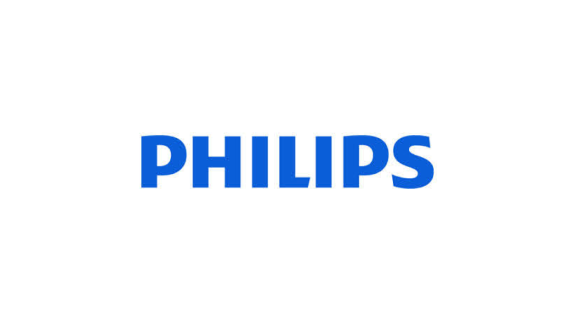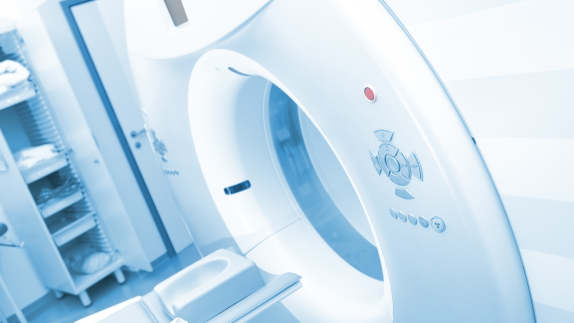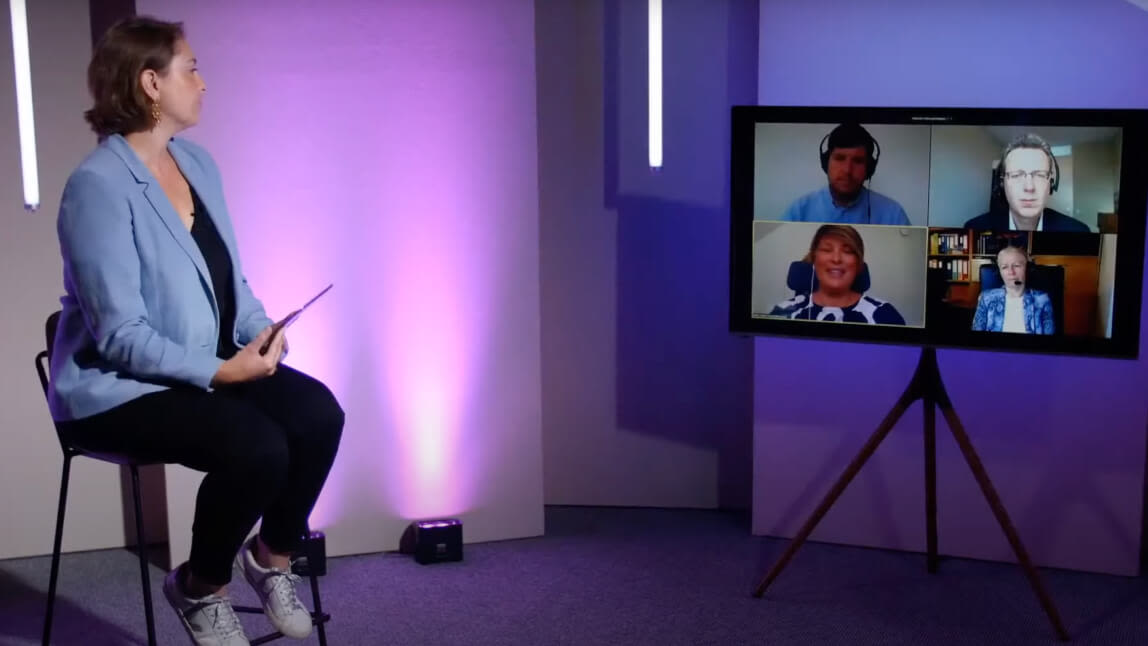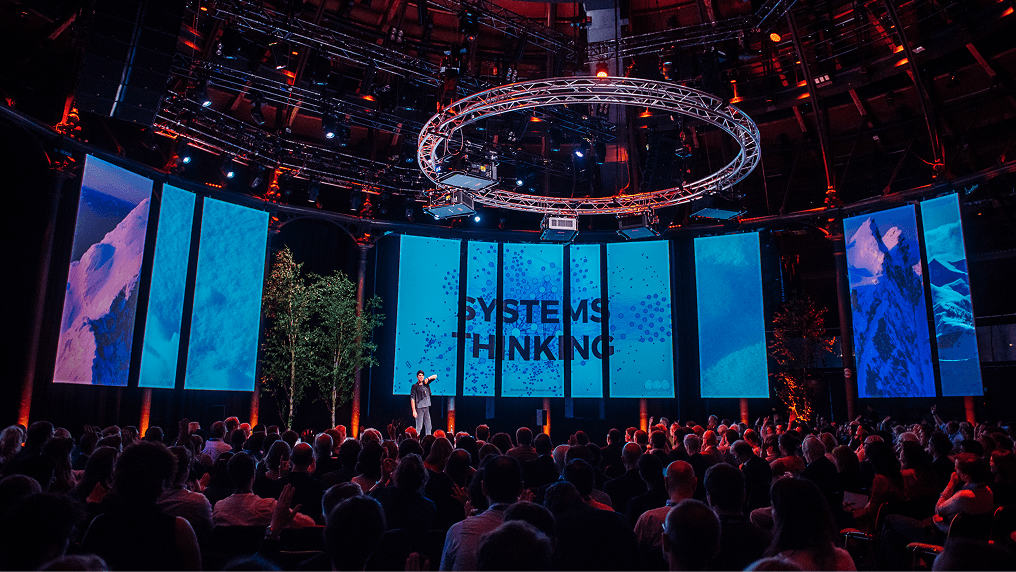
Membership status: Partner
Founded in the Netherlands in 1891, Philips is a global leader in healthcare technology. The size of the company and the nature of the services and products it provides — including diagnosis and treatment, connected care, and personal care — means it is in a prime position to spearhead the transition to a more circular healthcare industry.
Philips joined the Foundation’s Network in 2013 as part of its commitment to actively drive the transition to a circular economy, and renewed its Partnership in 2024.
The circular economycircular economyA systems solution framework that tackles global challenges like climate change, biodiversity loss, waste, and pollution. It is based on three principles, driven by design: eliminate waste and pollution, circulate products and materials (at their highest value), and regenerate nature. is one of the key pillars of Philips’ sustainability programme and transformation strategy. Philips’ 2025 Environmental, Social, and Corporate Governance (ESG) commitments include ambitious circular economy targets — such as increasing its circular economy revenue to 25% of sales and designing all new products in line with the company's EcoDesign principles. In line with its targets, in 2023, Philips announced that sales of products and services that contribute to a circular economy accounted for 20% of sales.
Recognising that the circular economy is critical to addressing global challenges including resource scarcity, climate change, and biodiversity loss, Philips is applying circular economy principles across its value chain to help its customers ‘use less, use longer, and use again.’ Examples include circular design, smart digital solutions, innovative service models, and end-of-use management of materials and products.
For further information, visit the Philips website






